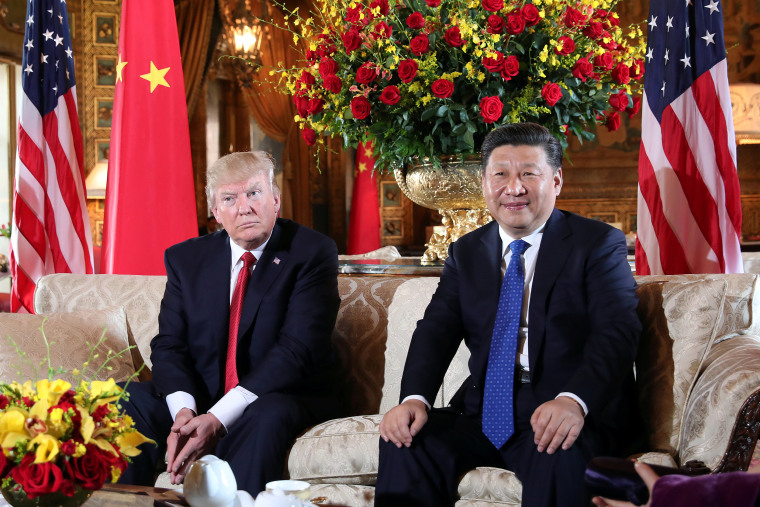Welcome to yougotdoge.com!
In recent years, national security has become a pressing issue, particularly concerning foreign investments that many once deemed improbable. The rise of Chinese ownership in critical sectors raises alarms about its implications for U.S. security, especially near military installations.
**Chinese Ownership of U.S. Farmland**
One alarming development is the acquisition of farmland by Chinese entities close to U.S. military bases. Reports indicate that Chinese-owned farmland is located near 19 military installations, including Fort Liberty in North Carolina and Fort Cavazos in Texas. This proximity raises serious questions about intentions. Are these investments merely agricultural, or do they serve more sinister purposes? Such acquisitions could allow foreign powers to gather sensitive information about military operations.
**The Reedley Biolab Incident**
The discovery of an illegal Chinese-owned biolab in Reedley, California, in late 2022, adds to these concerns. Authorities found a disturbing array of biological agents, including HIV and COVID-19. The lab’s equipment suggested it was not just a testing facility but potentially a site for dangerous activities. The lab’s owner faced charges for distributing misbranded COVID-19 test kits and making false statements, complicating the narrative surrounding foreign influences.
**Political Accountability and Leadership**
Critics argue that previous administrations have “kicked the can down the road,” allowing these issues to fester. The lack of decisive action has opened the door for foreign entities to establish a foothold in critical areas of American life. Many believe strong leadership, particularly from the Trump administration, is needed to confront these challenges and prioritize American interests.
**Public Awareness and Vigilance**
Awareness is crucial in addressing these threats. The public must understand the potential dangers posed by foreign investments in critical sectors. While some may dismiss these concerns as overreactions, the stakes are high. The future of warfare may involve traditional military confrontations and economic and biological strategies aimed at destabilizing nations from within.
**Conclusion**
The implications of foreign investments, particularly from China, cannot be ignored. From farmland acquisitions near military bases to unauthorized biolabs, the evidence suggests a pressing need for vigilance. The U.S. must stay ahead of these threats and ensure security measures are robust and adaptive.





